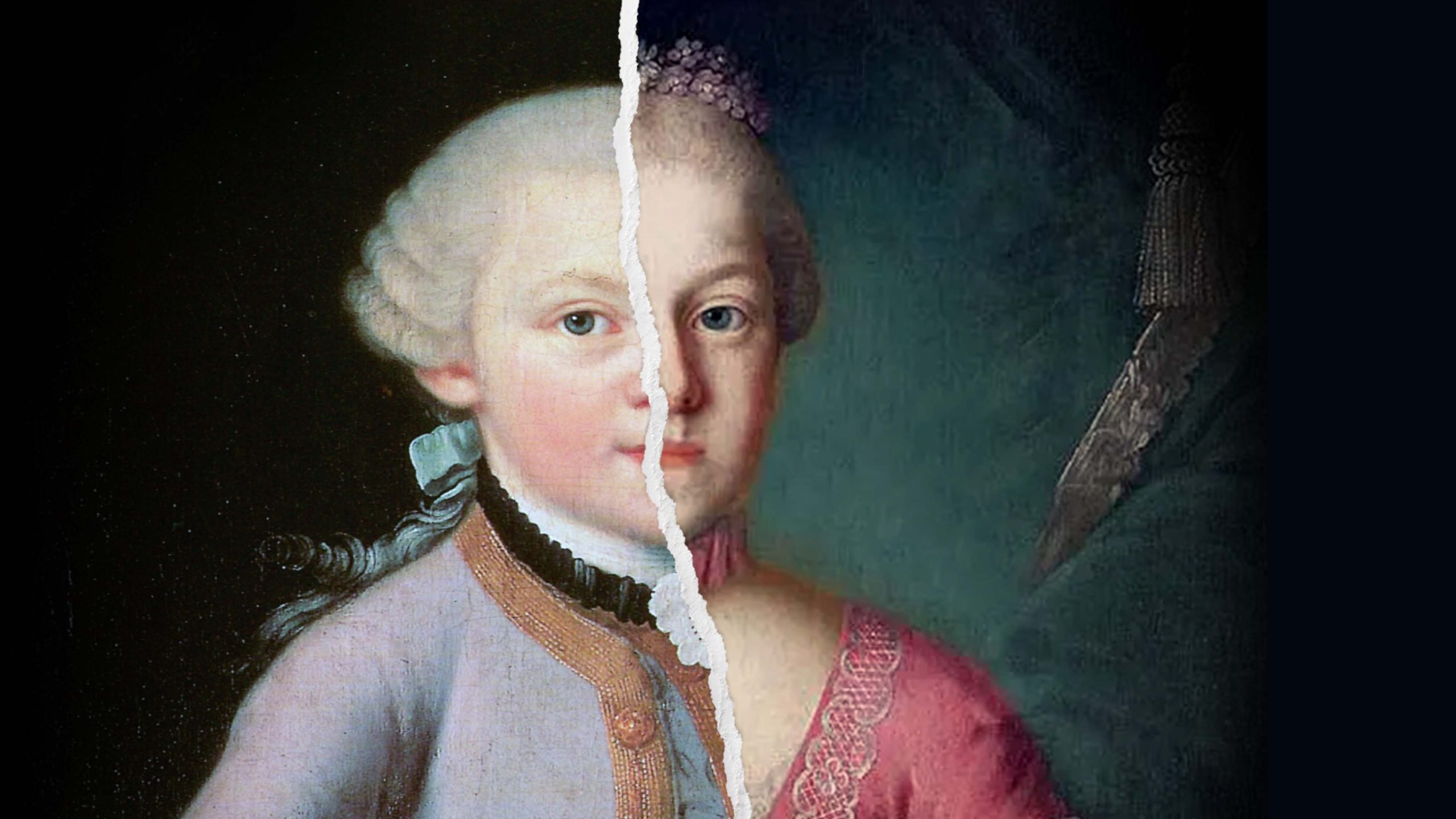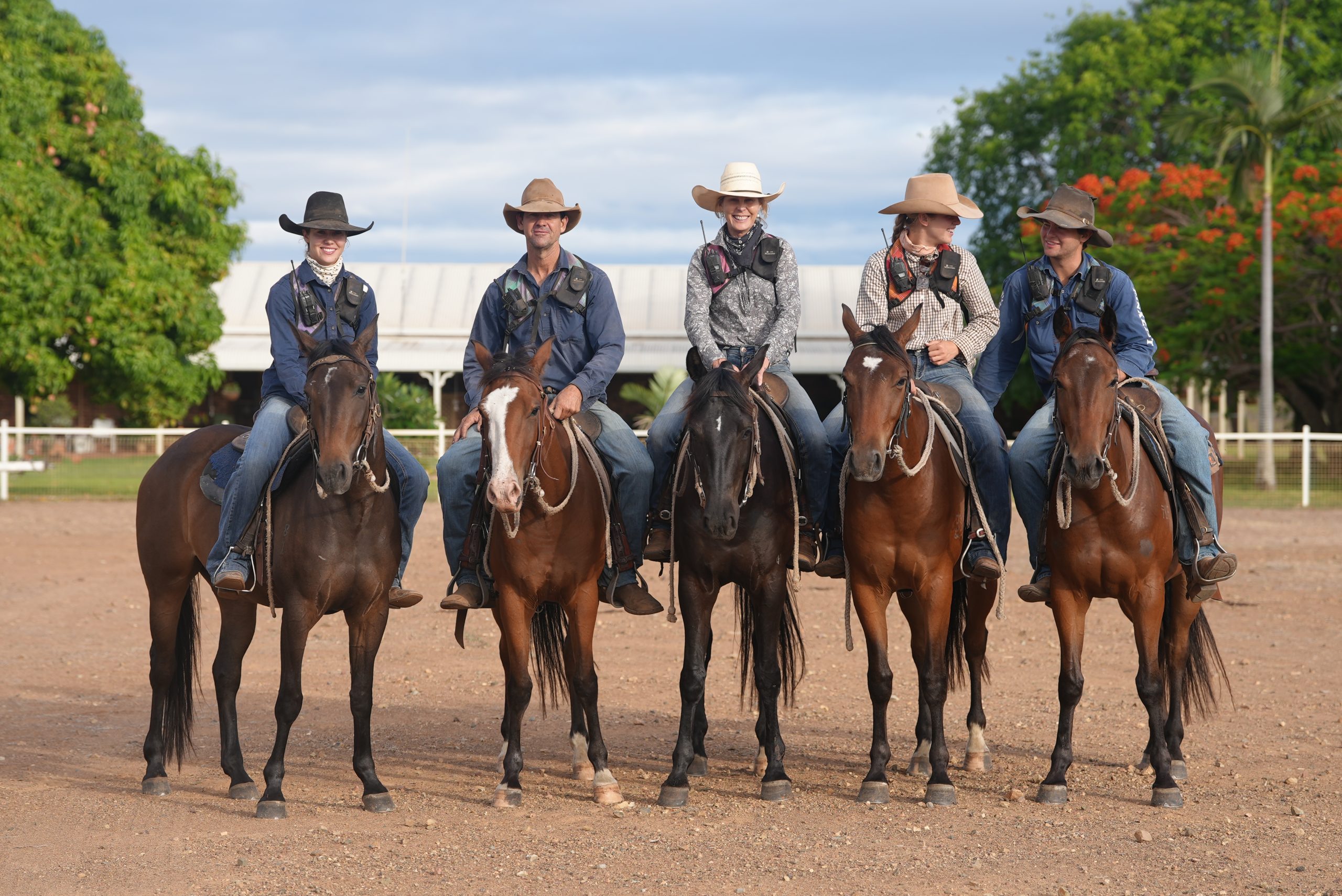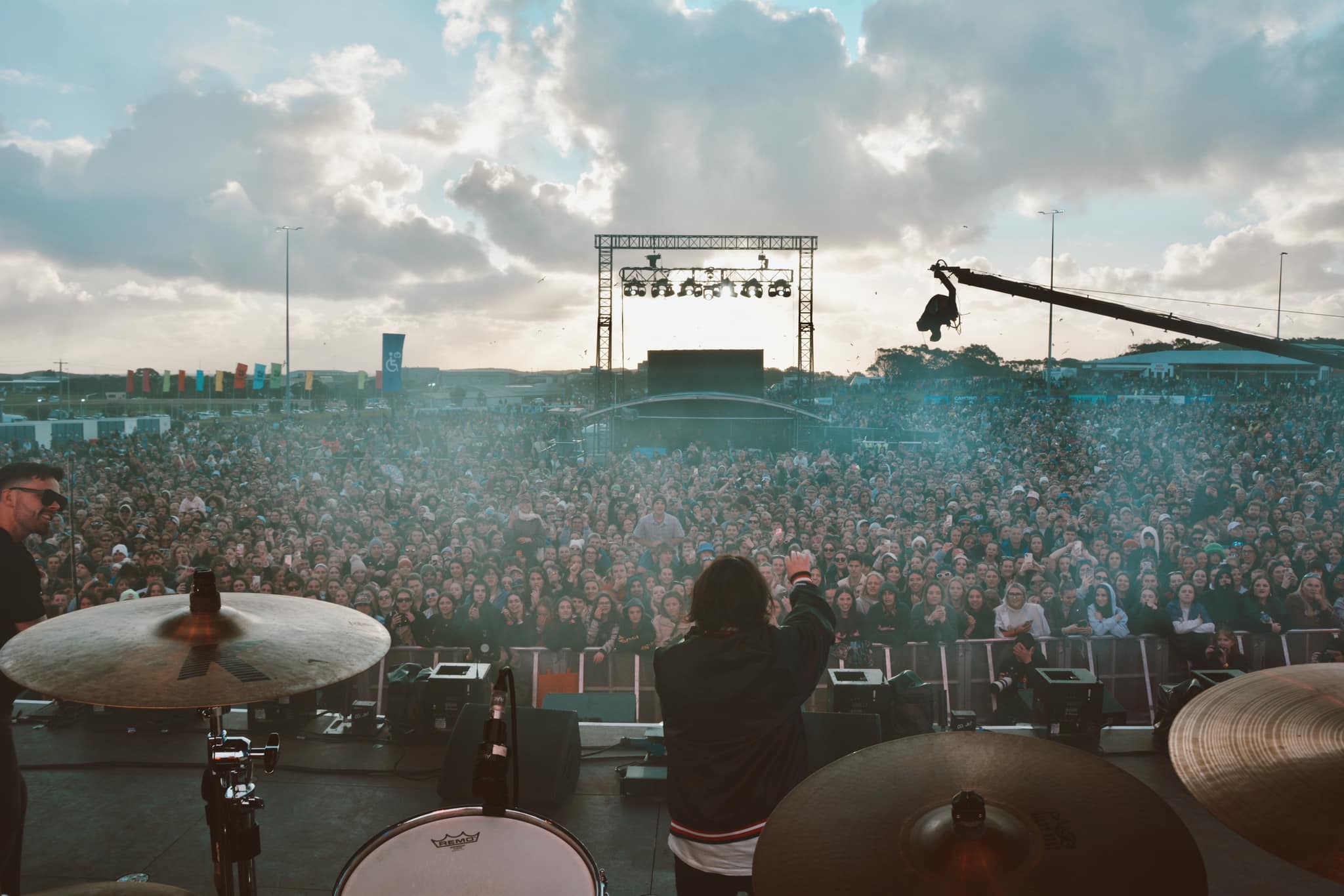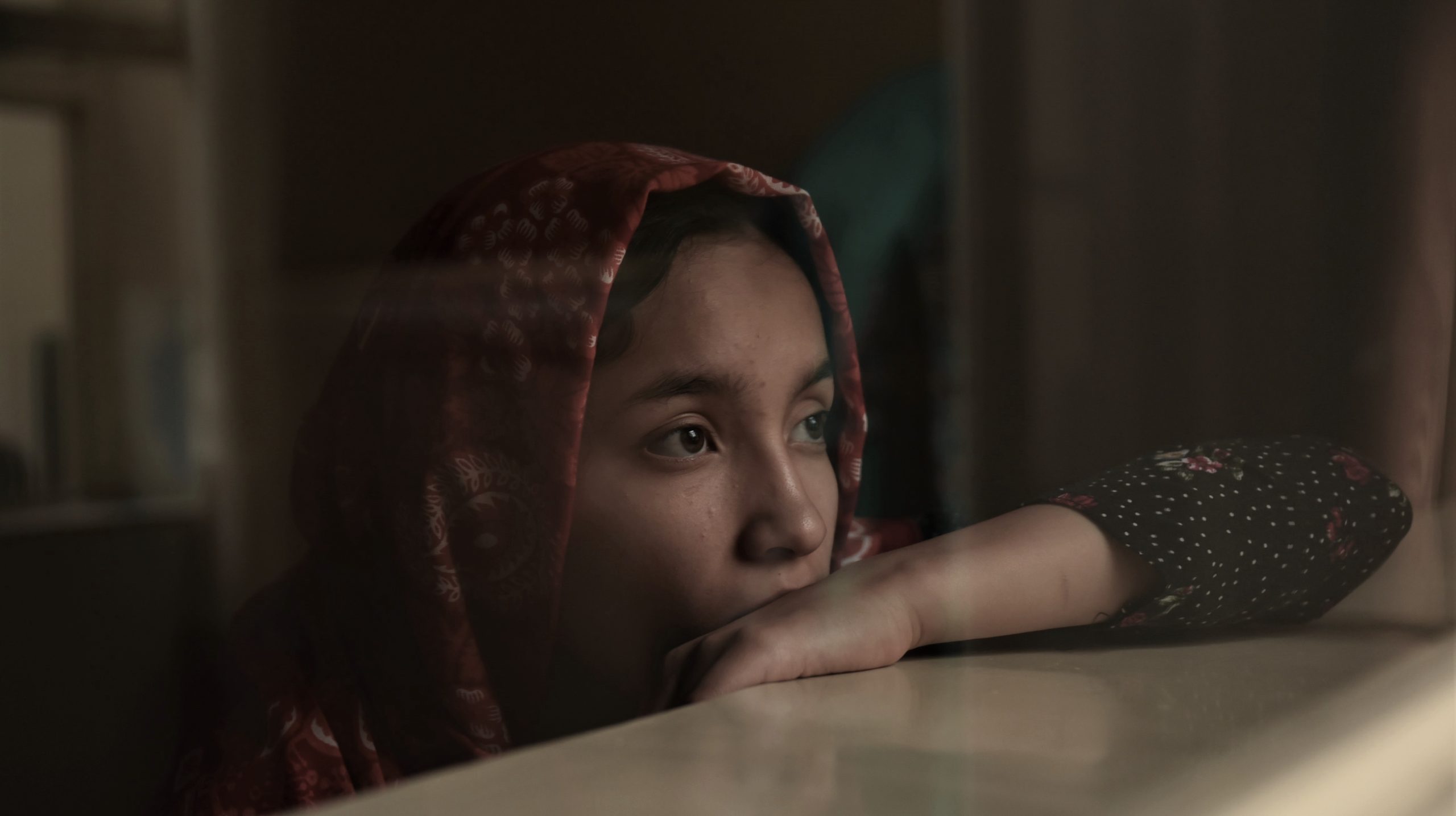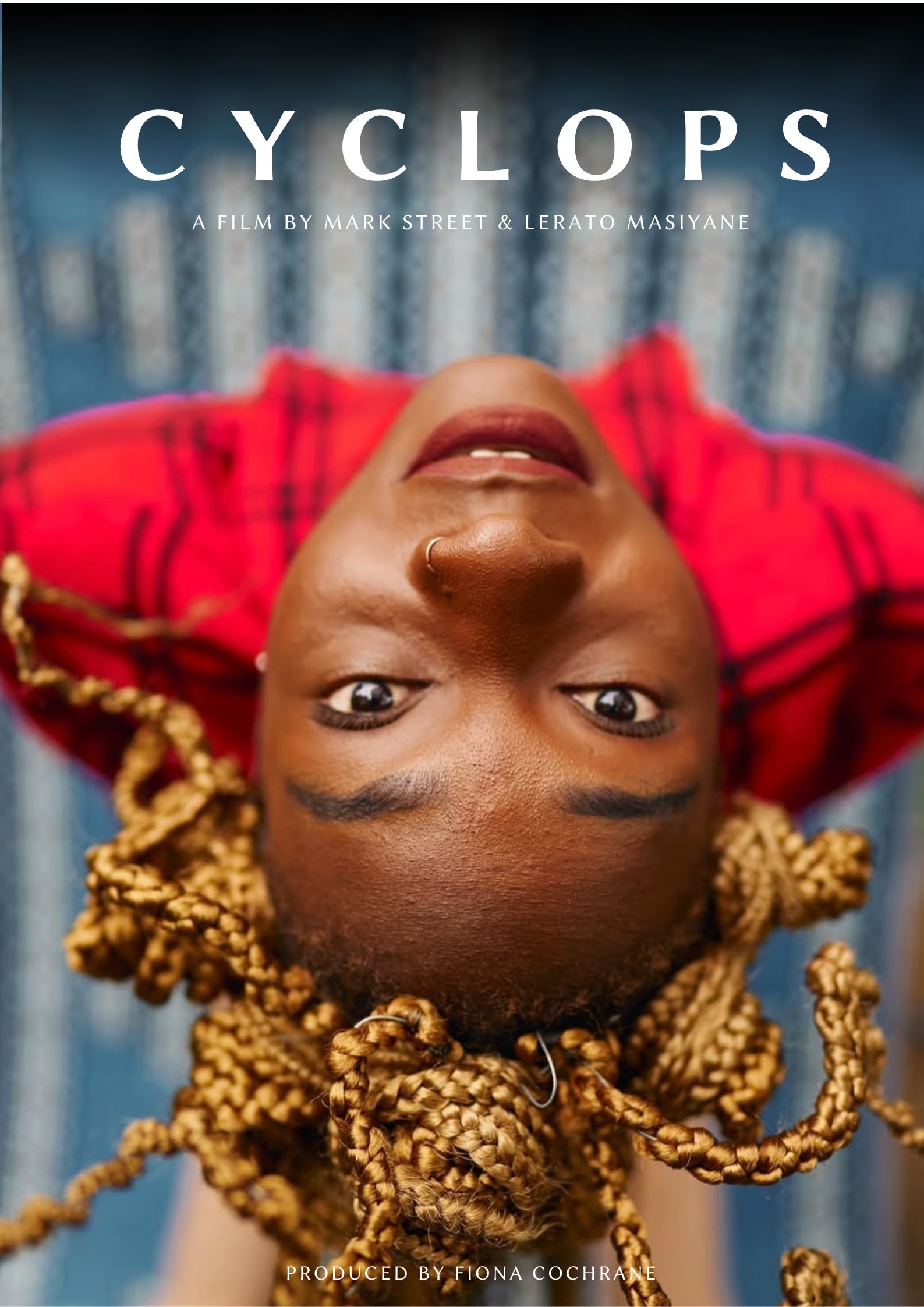Maria-Anna (called Nannerl as a childhood nickname) Mozart was, like her younger brother, a child prodigy. Together, the children toured most of Europe performing as “wunderkinder” to the Kings and Queens of Europe. Contemporary reviews praised Maria, and she was even billed first on promotional posters. As child, there was no issue with performing for an audience, but because she was a woman, she “retired” at age 18, left at home, never to play in public again. But she never lost her love of music. A startling new discovery of her creative work is uncovered through historians, musicologists, the letters between the siblings and other evidence.
A ‘musical-mystery’ story unfolds around the world with the investigators, their critics, musicologists and historians following why her story has been hidden all this time.
This film comes at a time when, across the globe, we are reassessing the nature of female authorship and place in the arts and culture generally. The Mozart case is not an outlier. There are many other examples of women whose talent has been obscured or just completely lost. We also turn our gaze to the less well-known female creators of today–composers, musicians and conductors—as well as the startlingly low rates of female participation in classical music today. Despite a thriving industry, women still are vastly represented in fields such as composing and conducting. In 2020-21 season a survey of the top 100 global orchestras found only 5 percent programmed works by women.
